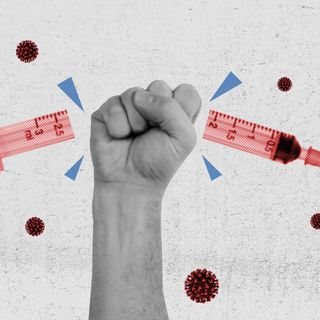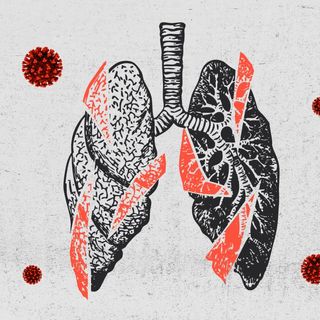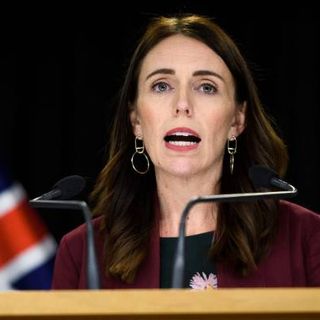On Tuesday, the Union Health Ministry issued guidelines stating that patients showing mild symptoms of Covid19 or those who are pre-symptomatic are eligible to self-isolate at home.
Until now, all Covid19 positive patients were immediately isolated and admitted to hospitals, or makeshift hospitals, to break the chain of transmission. With the new guidelines, eligible patients will be able to isolate themselves at home, provided they are clinically assigned as a very mild or pre-symptomatic case by the treating medical officer. In order to be eligible, the patients must state they have an adequate facility at home for self-isolation and ensure their family remains physically distant. Patients must also have a caregiver available at all times, who will need to establish a communication link with the hospital to provide health updates for the entire duration of home isolation.
The guidelines also provide rules that caregivers and patients need to follow when under home isolation. Patients can end self-isolation once surveillance medical officers (SMO) declare patients to be infection-free based on results of a laboratory test. These officers are appointed by the government to keep tabs on immunization programs and data.
Related on The Swaddle:
New Research Sheds Light on How Long Coronavirus Can Survive on Cardboard, Plastic and Steel
The new guidelines also mention that caregivers and all close contacts of patients should take hydroxychloroquine prophylaxis as prescribed by the treating medical officer to prevent contracting the infection themselves. Along with staying in touch with the government surveillance officer, patients are also required to download the Arogya Setu app and keep it active at all times.
The guidelines clarify that in case the patient develops serious signs or symptoms, such as difficulty breathing, persistent pain in the chest, discoloration of the lips or mouth, they must seek immediate medical attention.
Besides providing advice on the use of masks and maintaining hand hygiene, the guidelines ask all caregivers and close contacts to monitor their own health by recording their temperature daily and informing the surveillance officer immediately if they notice any symptom indicative of Covid19.
This update comes a relief for many who were avoiding getting tested for the fear of being shifted to unhygienic, inhospitable quarantine centers. The move will also alleviate the burden on the country’s under-resourced public health care system, which is already struggling to treat its serious patients and free up space in isolation wards for those in dire need.




